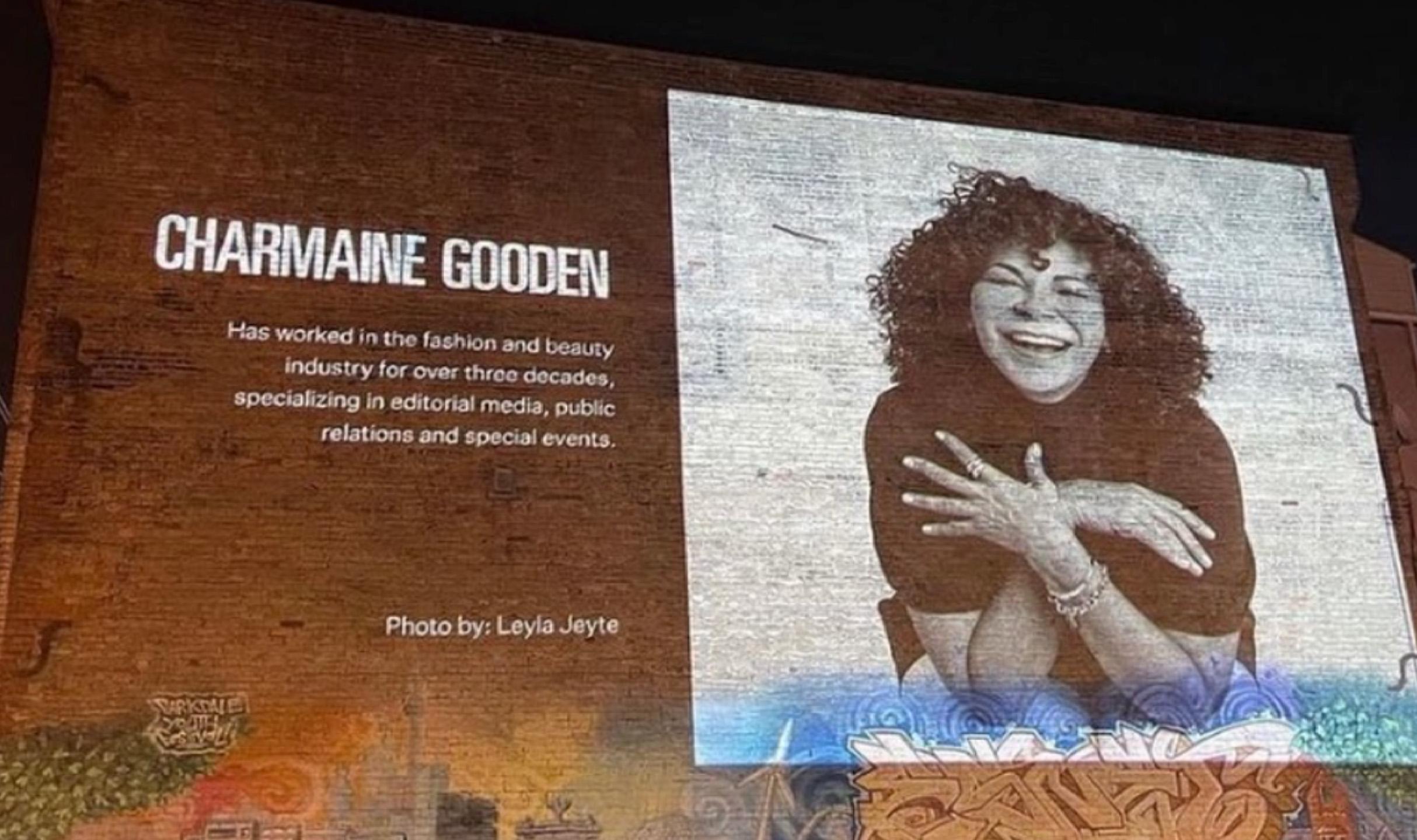By Natalie Vilkoff
Back in the ‘80s, now-Ryerson fashion instructor Charmaine Gooden wanted to write her final thesis at Carleton University on the emergence of the Canadian fashion industry.
“It was so hard,” she said. “Nobody wanted to be my advisor. There was hardly a fashion industry back then.”
Gooden ended up completing her thesis nonetheless for her bachelor of journalism program, and now, many years later, she continues to tell the stories of creators of colour in Canada’s fashion industry.
The Black Fashion Database website is a virtual project that documents the successes of Black creators across Canada. From in-depth profiles with stylists, designers and professionals to historical photos of Black fashion in Canada, the link to the stand-alone site will reside on the community directory page of Fashion and Race database.
Gooden began to curate following the death of George Floyd in 2020. “That was when a big reckoning started happening,” she explained.
“That was when a big reckoning started happening.”
Gooden added that the idea of who gets to tell their narrative became an important discussion during this time, and she wanted to bring attention to the stories of people that hadn’t been recorded. She saw a lot being done to highlight new and emerging fashion creatives, but wanted to document those who worked in the pre-digital age.
“I realized that there is a whole pantheon who came before us and did amazing things,” Gooden said. “I thought, ‘Nobody’s even gonna know that they existed or what they did.’”
Gooden waited until the opportunity came to work with journalism students at Ryerson, where she’s been instructing for two decades. Before coming to Ryerson in 2002, Gooden worked at various fashion journalism outlets across the country, acting as the beauty editor at Chatelaine and co-producer and host of The Beauty Guide, a weekly half-hour show on Women’s Television Network.
She now instructs courses such as Introduction to Fashion Journalism and Fashion Coordination to Ryerson students.
Gooden said she wanted to bring a “certain rigor to these articles” by using her journalism students to accurately and reliably report on Black creators—“and they brought it,” she said.
Using the hashtag #BlackFashionCanadaDatabase, Gooden began the discussion on Facebook. She encouraged people to share their own stories, or to share the stories of creatives they knew. One of the creatives she worked with was Adrian Carew.
“There is a whole pantheon who came before us and did amazing things.”
Carew is a Barbados-born stylist whose work has been featured in dozens of magazines, including Vogue Italia, Vanity Flair, L’Officiel Australia, Flare, Salon Magazine and Elle Canada. He chatted with journalism students in December 2021 to discuss his work in the industry.
Despite being established in the fashion industry for nearly thirty years, Carew still faces racial barriers in his work.
“Sometimes we aren’t recognized and don’t get the opportunities we deserve to get, even when some of them already know we can do the job,” he said. “They’ll still give the job to somebody else and there’s issues with that.”
Despite this, Carew’s unbreakable ties to his home still inspires his work in Toronto, where he continues to flourish and be passionate about leading the new generation of creatives.
“That was really the heart and soul of [this project], because the energy built there, and people wanted this information to not get lost,” Gooden said. She explained that some of these people haven’t had a chance to give their knowledge and experience before, and most were eager to share.
“Sometimes we aren’t recognized and don’t get the opportunities we deserve to get.”
Chamaine said that it also made it more personal. She added that what makes the database so important is how it will let people see themselves represented and share their stories in a way they haven’t been able to before.
The Black Fashion Database is currently focused on Toronto and Montreal creatives, but Gooden is looking to expand the project nation-wide. She added that she planned to have the database ready in time for Black History Month, but that the pandemic uncertainty made the process slower and it will instead be launched in April.
“People didn’t feel ready, and they want to be able to celebrate because this is going to be a cause for celebration.”
Gooden said this project brings her back to the time when she was writing her thesis and that she still sees the importance in highlighting fashion’s forgotten voices.
“I know that your history matters. Documentation matters. If you don’t know that others hit the ceiling and broke it already, you won’t know you’ve got an open door,” she said.
With files from Madison Schuliakewich and Elizabeth Sargeant












Leave a Reply